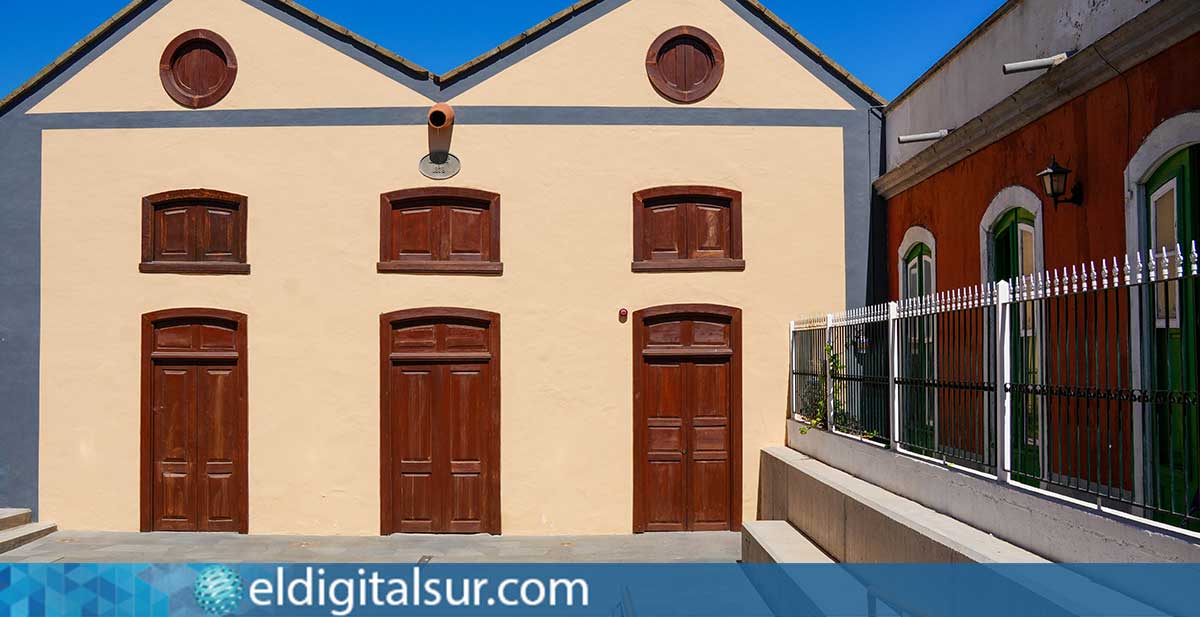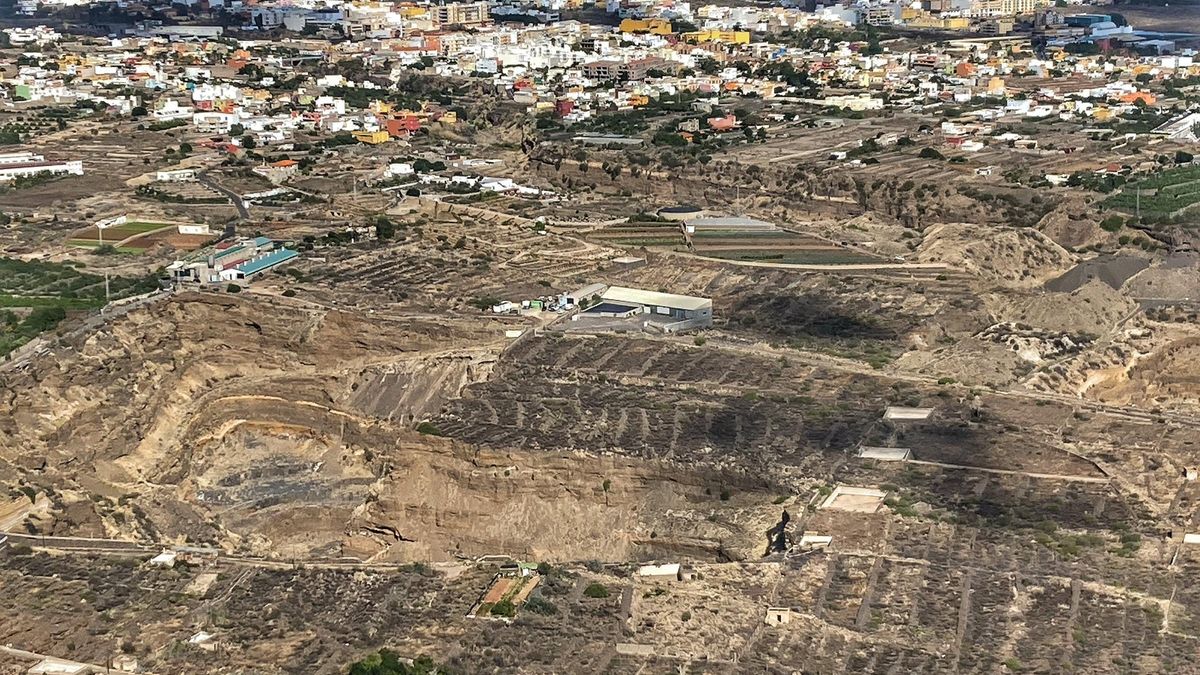University of La Laguna Begins Academic Year with New Schedule to Alleviate Traffic

SANTA CRUZ DE TENERIFE, 9 Sep. (EUROPA PRESS) –
New Academic Year Strategy
The University of La Laguna (ULL) commenced the academic year this Tuesday, implementing a reorganisation of entry times for various degree programmes aimed at alleviating traffic congestion on the TF-5 motorway during peak morning hours.
Projected Impact
Calculations suggest that this reorganisation, involving 13 degree programmes across 9 faculties and affecting 2,700 students, will eliminate 110,000 annual trips, reducing daily vehicle numbers by an average of 550.
Degrees with Schedule Changes
The degree programmes subject to changes include Fine Arts, Design, Conservation and Restoration, Spanish: Language and Literature, Philosophy, Chemistry, Speech Therapy, Technical Architecture, Civil Engineering, Computer Engineering, Electronics, Mechanics, and Industrial Chemical Engineering.
For some programmes, such as Fine Arts or Philosophy, classes will start later at 09:00 or 09:30. In others, like Technical Architecture and Civil Engineering, morning and afternoon shifts will be alternated by course. Speech Therapy and Chemistry will have a reconfigured weekly class distribution.
Adjustments in University Spaces
Adjustments have also been made in other university facilities, ensuring that the University Government Council, the Senate, academic committees, the Doctoral School, Postgraduate Studies, and the Centre for Lifelong Learning will schedule their activities to avoid conflicting time slots.
Improving Transport Options
As part of this traffic decongestion measure, shuttle buses connecting northern and southern municipalities to university campuses have resumed operation. This initiative intends to reduce reliance on private vehicles among students commuting for classes.
This year, the following lines are back in operation: 605 (La Orotava-Campus de Guajara-Hospitals), 606 (Icod de los Vinos-Los Realejos-Campus de Guajara), 608 (Los Realejos-Campus de Guajara), and 611 (Costa Adeje-Campus de Guajara-University Hospital of the Canary Islands).
Student Enrolment
To date, a total of 19,652 students have enrolled in undergraduate and official master’s programmes, a figure expected to rise in the coming days as the extraordinary pre-registration period and other access procedures are still ongoing. The institution anticipates approximately 20,000 students for this academic year.
Academic Calendar
Following the initial teaching period, the academic calendar will resume on 8 January with an exam period lasting until 19 January. Subsequently, classes for the second semester will commence between 26 January and 15 May 2026.
Regarding remaining exams, the final study examination for students with only three subjects left to complete their degrees will take place from 9 to 14 March; the May examination will be held between 19 and 29 of that month; and the July session will occur from 9 to 19 June and from 29 June to 9 July.
Opening Ceremony
This year’s traditional opening ceremony will be held after the start of classes, a departure from the usual schedule. Specifically, the academic ceremony is set to take place in the Auditorium this Friday at 11:30, presided over by Rector Francisco García, with the presence of the President of the Canary Islands, Fernando Clavijo, and an inaugural lecture titled ‘Clinical Psychology and Mental Health: An Agenda for the 21st Century,’ delivered by Wenceslao Peñate, Professor of Clinical Psychology at the University of La Laguna.
New Dual Degree Programmes
A notable addition this year is the introduction of the first seven dual degrees created at the University of La Laguna, particularly in Fine Arts and Design, which have currently filled 9 out of 10 spots for the first year; Sociology and Social and Cultural Anthropology (32 out of 35 spots); Law and Labour Relations (fully occupied with 15 spots); Spanish: Language and Literature and Classical Studies (also filled with 15 spots); English Studies and Applied Francophone Studies (12 out of 15); History and History of Art (12 out of 15); and History, Geography, and Land Management (11 out of 15).
Additionally, a new dual master’s programme in Computer Engineering and Cybersecurity has commenced (currently filled with 2 out of 10 spots, but extraordinary registration ends on 6 October).












